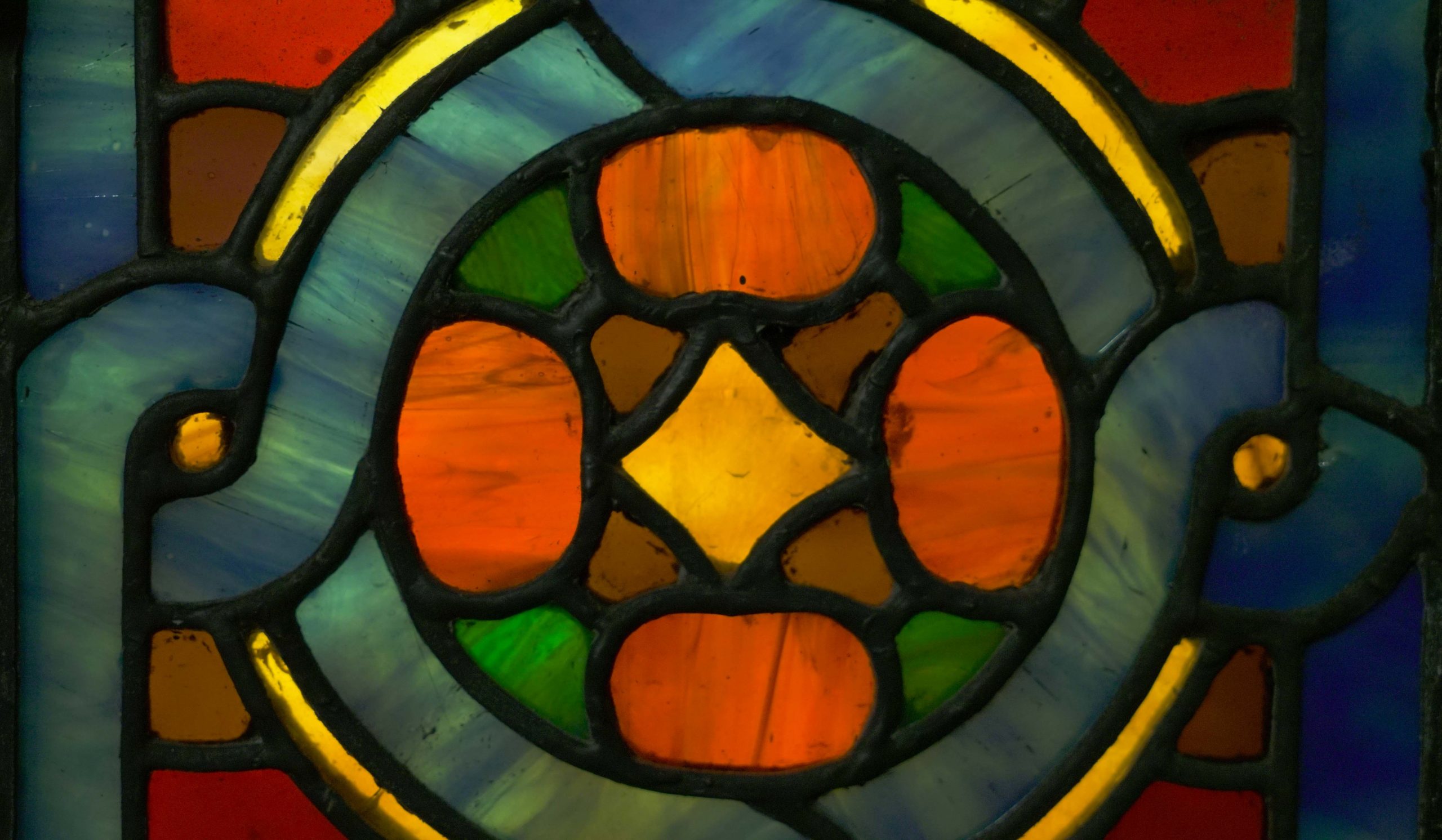Podcast: Play in new window | Download (Duration: 11:06 — 9.9MB)
Subscribe: Apple Podcasts | RSS
(From the Christian Century, May 17, 2011 issue, by Quinn G. Caldwell).
6 years ago, my father was actively dying, in the end stages of cancer. I spent a lot of time that spring with my family, knowing Dad’s time was short. Any of you who have walked with a loved one through the end of their life knows that it is immensely sad and immensely sacred. It’s also a lot of sitting around. I remember my smartwatch buzzing at me throughout the day, reminding me I was falling short of that recommended daily 10,000 steps, and occasionally wanting to smash it into pieces, angry at its inability to track the emotional and spiritual steps we were being forced to take every day.
It was a time that was both hard and tender, and it was also a time that I was especially aware of fear all around me. With all that sitting around, we had a lot of time to sit with our thoughts, and stew in our fear. My dad’s fear of dying. My mom’s fear that she somehow wasn’t doing enough. My brother’s and my fear of losing a parent. Everyone’s fear of what would happen, what would fall apart, what might never come back together, once dad was gone. And fear, ultimately, of grief so consuming it threatened to drown us.
And so… we did some crazy things. I definitely argued with the Armenian priest and told him that in my professional opinion he provided sub-par pastoral care. Some people definitely asked all sorts of inappropriate and invasive questions such as if we had considered various experimental treatments, or clinical trials, or broccoli, or finding a doctor who would roll dad’s hospice bed right out of our front door and into an operating room and remove the cancer from his bones and all the different organs it had spread to. Someone definitely accused my mom of “giving up” on my dad, even as the cancer was so advanced that he had started to lose consciousness. We did and said some crazy things, creating our own altars to unknown and seemingly angry gods, because we were just so afraid.
Fear makes us do irrational things. Hurtful things. Some very unloving things. And isn’t it interesting that in this first letter of Peter, though a different portion than what we read today, it sets fear as the opposite of love. We would be quick to think that hate is the opposite of love, but Scripture wisely reminds us that perfect love casts out fear. There is no fear in love.
[There is a] benediction [that] comes from the New Century Hymnal: “May you love God so much that you love nothing else too much. May you fear God enough that you need fear nothing else at all.” People always get the first half of that statement with no problem, at least in theory. But once in a while I’ll hear from somebody who doesn’t like the second half—the part about fearing God. “I believe in the God of love,” they say, “the God Jesus showed us. I don’t believe in a wrathful, punishing God, and I won’t worship a God I’m scared of.”
Fair enough. Frankly, I’m in agreement. But the thing is, there’s fear, and then there’s biblical fear. There is the kind of fear that most of us know is silly but share anyway: fear of what the neighbors think or fear of drooping skin. There is the kind of fear born of prudence or lived experience: violence from the people around us, losing the ones we love. Then there is the fear of God, the kind of fear the Bible talks about, which is more like awe. For me the difference is what I would drop to my knees for. It’s hard to imagine bowing down to thieves or wrinkles. But what about the day when I find myself face to face with the Creator of heaven and earth, the source of love itself? I imagine that then there will be nothing I can do but bow down, and that I will love doing it.
As a dancer, I find a profound link between love and reverence. In fact, in ballet, we always end class with a reverence – a bow. Think about all the things we associate with bowing: genuflecting in church. Bow to greet the king or queen. Acknowledging the audience after a piano recital, or school play. Bowing is a gesture of honor, gratitude, respect. We do not give reverence to things we fear. Deference, perhaps. But not reverence.
In fact, the humility that is implicit in reverence can only come from love. And that, Paul says, is at the heart of who we are as God’s offspring. In God we live and move and have our being. In God, we are not coerced, we are set free to seek and find the love we were created from. We are not meant to live lives bowed down to gods made of gold or plastic, or to security locks or status or younger-looking skin. In God, we are bowed down under an easy yoke of devotion, a light burden of intimacy with a living God who created all and loves beyond any simple understanding, who invites us out of our lesser fears.
As the blessing of St. Clare commends us:
“Live without fear:
Your creator has made you holy,
Has always protected you,
And loves you as a mother.”
Our task is to live like that, so that when visitors come poking in the cabinets of our lives, they learn that while we may worry about our kids and hate dandruff, we know that the only thing really worth fearing is a life without God. Amen.





